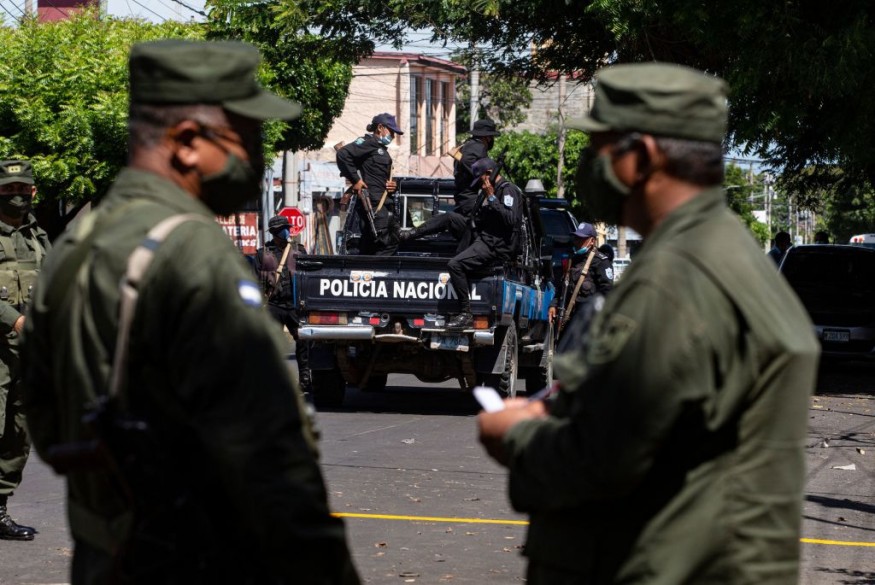Nicaragua: 21 Honduran Prisoners, Including MS-13 Gang Leader Freed

Nicaragua has recently granted clemency to 21 Honduran prisoners, subsequently repatriating them to their home country, Reuters reports.
This includes a prominent figure in the Mara Salvatrucha (MS-13) criminal gang, who was apprehended upon crossing the border, according to Honduran authorities.
Nicaragua has also announced its intention to return prisoners to Costa Rica, as stated by the government of its southern neighbor.
A similar transfer involving 43 Honduran prisoners took place on October 18, but Nicaragua has not publicly disclosed the reasons for these actions.
Among those transferred on Sunday was David Elias Campbell Licona, also known as "El Viejo Dan," who held a leadership role within MS-13, a notorious gang with roots in Los Angeles and a presence across Central America and the United States.
Campbell Licona had been a fugitive from Honduran authorities since 2016, facing charges related to money laundering and gang activities. He was captured in Nicaragua in June 2021.
Furthermore, he was sanctioned by the United States in February of this year, with charges against him including possession of firearms, conspiracy, murder, and cocaine importation.
US authorities have accused Campbell Licona of using businesses owned or controlled by the gang for money laundering, including through US banks.
Critics Slam Nicaragua's Decision
The recent pardons and prisoner transfers by Nicaragua have raised concerns and criticism from some quarters.
Critics argue that this leniency towards organized crime is part of a broader pattern, per BNN.
They accuse the Nicaragua government of turning a blind eye to criminal group activities, citing various motives for such leniency, including political control, counterbalancing US influence, and asserting Nicaraguan sovereignty amid strained relations with the United States.
However, such leniency toward criminal organizations poses substantial risks, as it can have severe consequences for public safety, the rule of law, community stability, and democratic institutions.
The United States and the international community, having already imposed sanctions on individuals involved in regional criminal activities, may play a pivotal role in pressuring and engaging with the Nicaragua government to encourage a more robust response to organized crime and the preservation of the rule of law.
Nicaragua Also Releases Over 200 Prisoners in February
Notably, Nicaragua had previously released over 200 political prisoners earlier this year, with many of them eventually arriving in the United States, CNN noted.
These releases followed a period of political repression by President Daniel Ortega's government, which included the detention of numerous opposition figures and activists, especially leading up to the November 2021 elections.
While some of the released prisoners were flown to the US, they were previously convicted of treason and serious crimes, which resulted in their permanent disqualification from holding public office or participating in elections, according to Judge Octavio Rothschuh Andino.
The US Department of State noted that these individuals voluntarily chose to travel, with the option to seek asylum and humanitarian parole while in the United States, including a two-year duration for such parole.
This article is owned by Latin Post.
Written by: Bert Hoover
WATCH: More than 200 political prisoners released from Nicaragua expected in the US - From Guardian News
Subscribe to Latin Post!
Sign up for our free newsletter for the Latest coverage!
© 2026 Latin Post. All rights reserved. Do not reproduce without permission.














